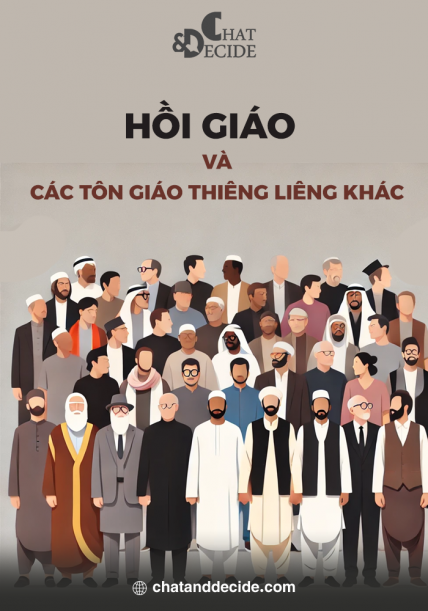Islamic methodologists have divided knowledge, or Ilm علم, into 2 major categories, each having many sub-categories. The 2 major categories are:
1) Inevitable Ilm: This knowledge is gained without seeking evidence or proof. Examples of this are:
- Basic sensory perception, and
- Perception through Tawator [1] (transmission of knowledge through a multiplicity of chains of trustworthy individuals,throughout history, based on narration and sense perception. This includes the most basic mental laws, such as knowing that you are currently existing, or that you are, at this very moment, either reading or listening.
2) Reasonable (or intellectual) Ilm: This encompasses all forms of knowledge acquired through reasoning, seeking proofs and conclusions, such as:
- Ilm by way of Intellect- conclusions made by a mental process of thinking and reasoning logical premises and its results.
- Ilm by way of revelation- only known through established authentic revelation. This branch addresses the unseen facts that are beyond the scope of natural science and beyond the criteria of its proofs.
The above-mentioned categories of Ilm include the unquestionable and hypothetical, regardless of the means and tools of acquiring it.
The great scholar, Ibn Taimiyyah, said: “Ilm (Knowledge) is either:
- An authentic narration [2] attributed to an infallible (authentic) source or
- A conclusion based on an established proof.
Apart from that, it is a rejected fallacy or ungrounded claim.” [3]
1. Tawator is the transmission of the knowledge through large number of people throughout the history based on narration or sensation. That large number of people in each time and stage of the chain of narrator must be very large to an extent of concluding it is impossible that all those people agree to tell a lie or to fall in other factors of bias.
2. Authenticity here covers the authenticity of ascription and authenticity of content.
3. Ibn Taimiyyah (1995), Majmou’a Al Fatawa, KSA: Majmaa Al Malik Fah, 13/329-330.


